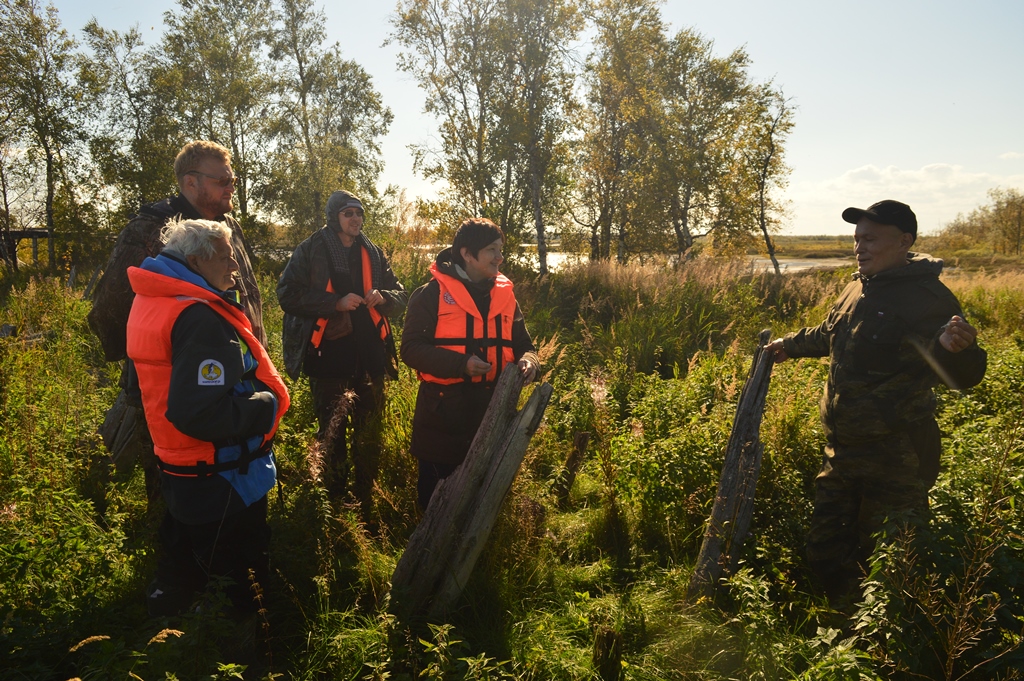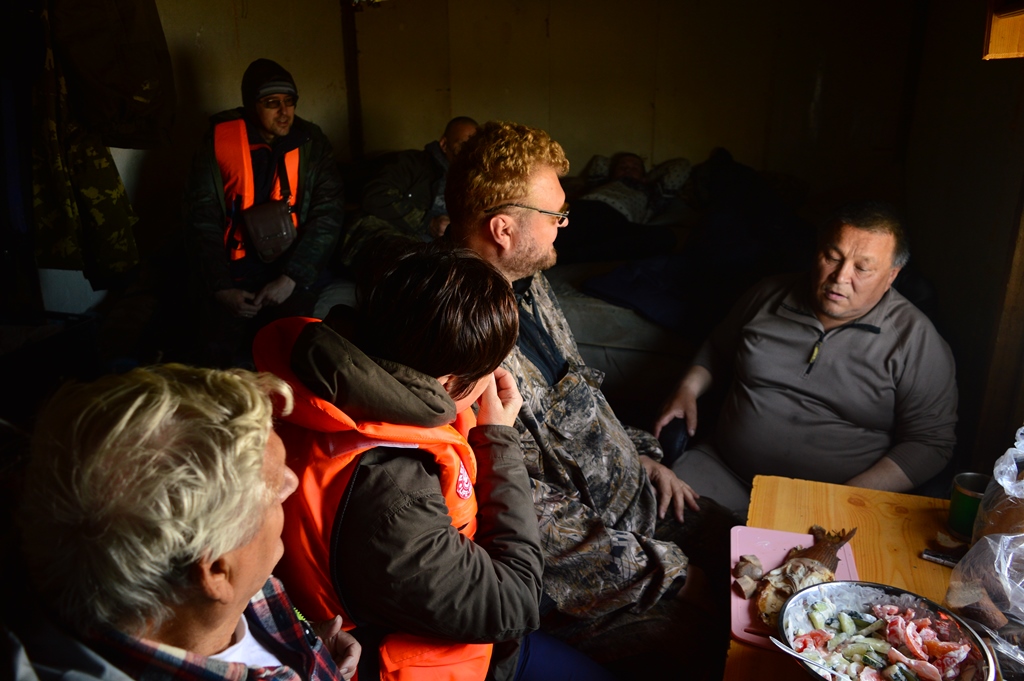Scientists from the international research network SecNet TSU, working with National Medical Research Center of Rehabilitation and Balneology of the Ministry of Health of the Russian Federation, the major international science project INTERACT, and the help of Department of External Relations of Yamalo-Nenets Autonomous Okrug (YaNAO), have conducted a field seminar on human adaptation to the North and the Arctic. They have planned further research with the participation of local indigenous peoples, to be used in developing methods to adapt the indigenous population to a rapidly changing climate.
"As international practice shows, citizen science can be of significant help," says Olga Shaduyko, coordinator of SecNet. "That is why, at Professor's Terry Callaghan proposal, we started inviting the indigenous population of the North to our seminars. Even the first discussion demonstrated that their observations can give us a lot of interesting insights into climate processes and environmental changes in the Arctic. In 2019, a local observational network was created with the participation of indigenous peoples. The scientists come and leave, but the local population lives here all year around."

The most dramatic change for indigenous peoples was in autumn and winter of 2020-2021. It rained from mid-November to the beginning of December, and after that came a long period of frost. It led to yagel pastures' being covered in a thin layer of ice, so the deer were unable to eat it. Deer herders say that they let the deer loose in hopes of finding them in spring or of them coming back home instinctively, but only a few returned. As the deer herders have said, thousands of deer died because of this natural disaster.
"The YaNAO administration helped local indigenous population in different ways, but the economic losses couldn't be avoided," explains Olga Shaduyko. "Some owners lost hundreds of deer. For northerners, it's a real economic crisis. Despite their difficult situation, people still sent us updates on the weather. This information is crucial for us. What is paradoxical about the situation is that our international colleagues - professionals in the field of meteorology - didn't notice any peaks in meteostation reports while working with international databases. This once again demonstrates the value of firsthand observation."

Scientists and representatives of indigenous peoples have agreed to involve local fishermen and hunters in observations. It will give scientists additional information on biodiversity and landscape conditions in the Arctic.
Scientists have also conducted a survey and taken some medical examinations of people from local deer herders' camping grounds, studying how changing diets affects the health of the northern indigenous population.
SecNet research shows that during the last 50 years the temperature in Northern Siberia has risen by almost 4 degrees C. The most drastic climate and ecosystem change occurred in the Eurasian Arctic and Siberia. The information gathered with the help of the local indigenous population is needed to develop strategies of adaptation to global heating. Without it, humanity awaits significant social and economic crises.
Studying global changes in climate, ecology, and quality of life is one of the TSU priorities included in the ten-year development strategy of the university. Its scientists investigate the thawing of permafrost, the changing landscapes of Arctic and Siberia, greenhouse gas emissions and their transfer to the oceans, and the transformation of the Arctic indigenous peoples' traditional lifestyle caused by global heating. In 2021, TSU initiated the creation of the consortium "Global Earth Changes: Climate, Ecology, Quality of Life", which brought together leading Russian research centers in the fields of forests, permafrost, climate, and atmospheric studies.






